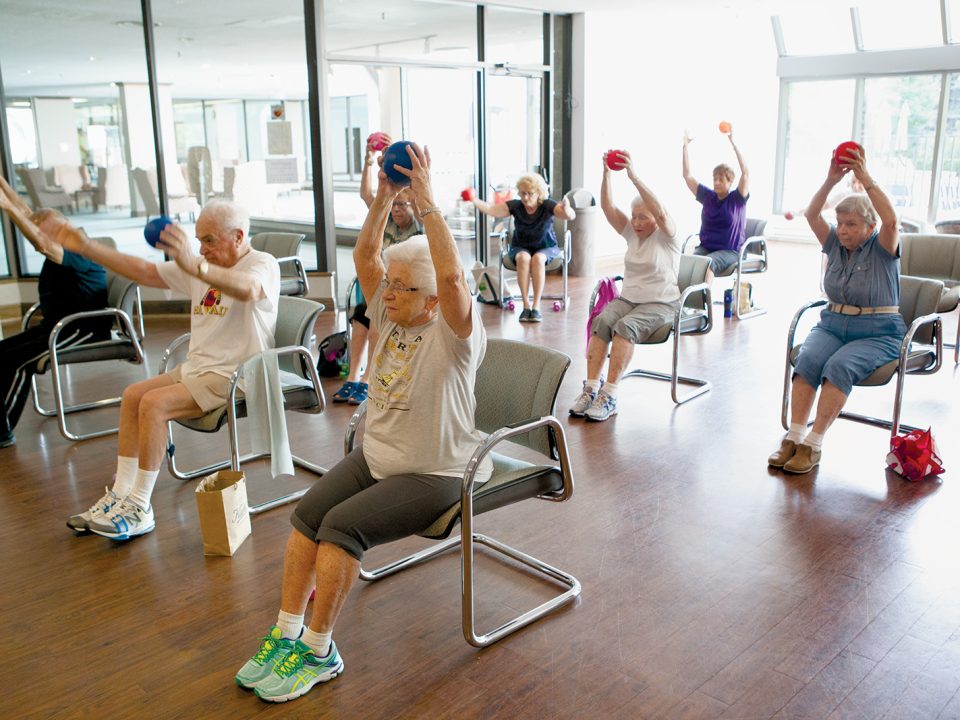
SA bank gets dementia friendly stamp
June 2, 2018
How To Avoid Burnout
June 30, 2018Elder Abuse – Key Facts

Elder Abuse – Key Facts
The 15th of June was Elder Abuse Awareness Day. Elder abuse is a serious issue and while we take every possible measure to avoid such abuse, it does occur.
Key facts according to the World Health Organisation
- Around 1 in 6 people 60 years and older experienced some form of abuse in community settings during the past year.
- Rates of elder abuse are high in institutions such as nursing homes and long-term care facilities, with 2 in 3 staff reporting that they have committed abuse in the past year.
- Elder abuse can lead to serious physical injuries and long-term psychological consequences.
- Elder abuse is predicted to increase as many countries are experiencing rapidly ageing populations.
- The global population of people aged 60 years and older will more than double, from 900 million in 2015 to about 2 billion in 2050.
Prevention
Many strategies have been implemented to prevent elder abuse and to take action against it and mitigate its consequences. Interventions that have been implemented – mainly in high-income countries – to prevent abuse include:
• public and professional awareness campaigns
• screening (of potential victims and abusers)
• school-based intergenerational programmes
• caregiver support interventions (including stress management and respite care)
• residential care policies to define and improve standards of care
• caregiver training on dementia.
Efforts to respond to and prevent further abuse include interventions such as:
• mandatory reporting of abuse to authorities
• self-help groups
• safe-houses and emergency shelters
• psychological programs for abusers
• helplines to provide information and referrals
• caregiver support interventions.
Evidence for the effectiveness of most of these interventions is limited at present. However, caregiver support after abuse has occurred reduces the likelihood of its re-occurrence and school-based intergeneration programs (to decrease negative societal attitudes and stereotypes towards older people) have shown some promise, as have caregiver support to prevent elder abuse before it occurs and professional awareness of the problem. Evidence suggests that adult protective services and home visitation by police and social workers for victims of elder abuse may in fact have adverse consequences, increasing elder abuse.
In countries such as Australia, the health sector has taken a leading role in raising public concern about elder abuse. Globally, too little is known about elder abuse and how to prevent it, particularly in developing countries. The scope and nature of the problem is only beginning to be delineated. Many risk factors remain contested, and the consequences and evidence for what works to prevent elder abuse is limited.
To find out more, go to www.who.int/news-room/fact-sheets/detail/elder-abuse










